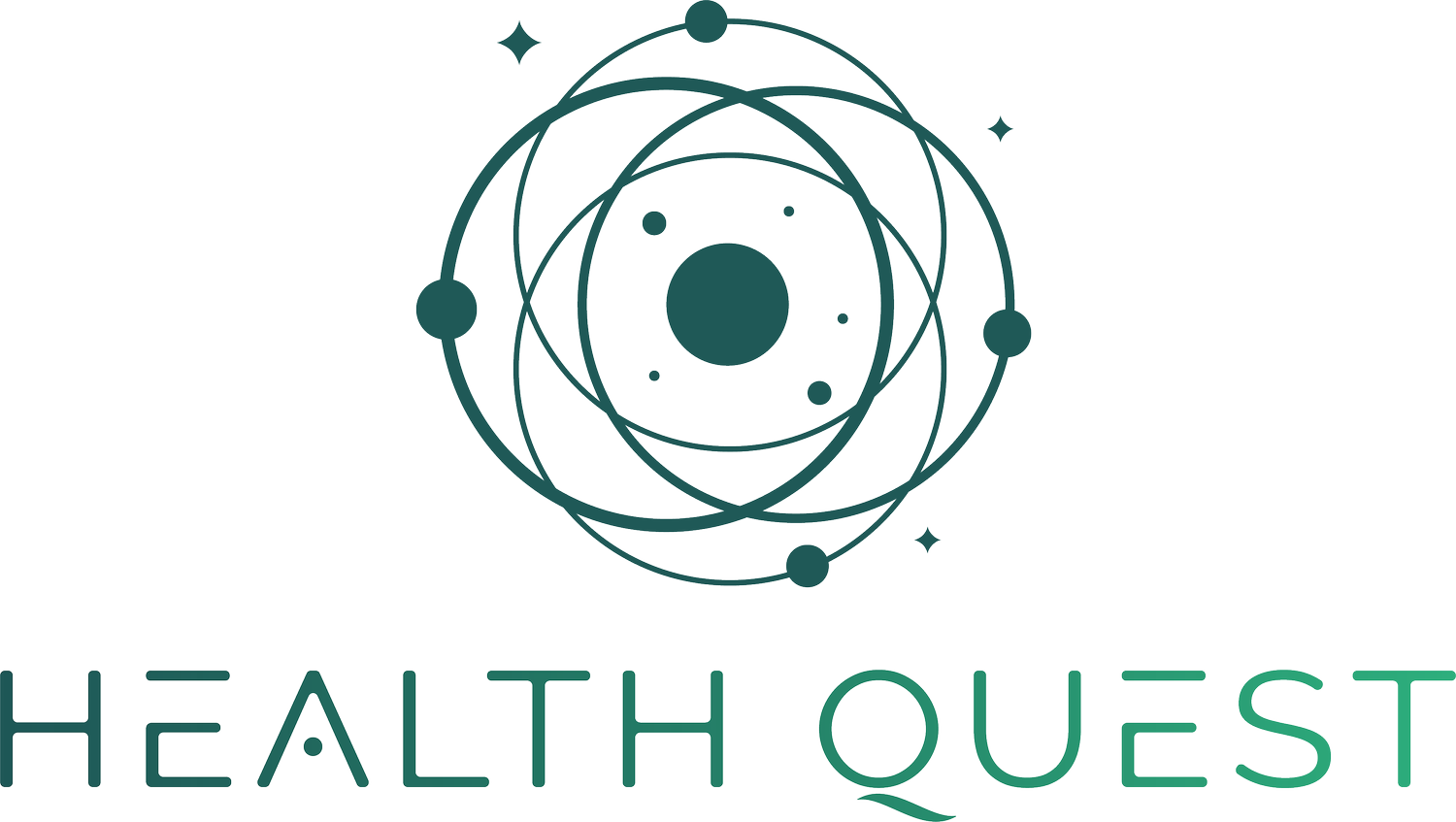Mental Health Awareness MonthAdvocacy Opportunity
Advocacy Matters
Learn more about ADHD and how you can advocate for yourself or those you care about.
Attention-Deficit/Hyperactivity Disorder (ADHD) affects millions of people in the United States. It is estimated that 8.4% of children have ADHD and 2.5% of adults have ADHD (APA). If you have ADHD or care for someone who has ADHD, you are probably already aware of the medication shortage crisis that has been affecting people who rely on stimulant medications for their daily functioning.
Stimulant medications are the first-line treatment for people with ADHD, meaning that they work very well and are essential for some people’s ability to succeed in school, thrive at work, and maintain important relationships. Starting in 2022 we began to see the medication shortage and it’s effects, and there seems to be no end in sight.
While there are several factors contributing to the shortage, the Drug Enforcement Administration (DEA) has set limits on the amount of stimulant medications that are made available to Americans because these medications can be misused. Some families are forced to ration their medications, take less than they need, pay higher prices, spend a lot of time and energy tracking down a pharmacy that might have it, or simply go without (CNN.com). This puts an enormous and unnecessary burden on patients and their families who need these medications to manage their ADHD symptoms.
May is Mental Health Awareness Month which is a great time to participate in mental health advocacy.
If you would like to share your story about the ADHD medication shortage, using the hashtags #ADDUsUp and #ADHDvocatesForChange is a great way to lend your voice.
You can also follow the link below to learn about contacting your elected representatives and how to tell them why this issue is important to you and what you would like to see change:
https://www.additudemag.com/adderall-shortage-adhd-stimulant-medication-letter/
Reference:
APA: https://www.psychiatry.org/patients-families/adhd/what-is-adhd
CNN.com: https://www.cbsnews.com/news/adhd-medication-shortage-cause/


